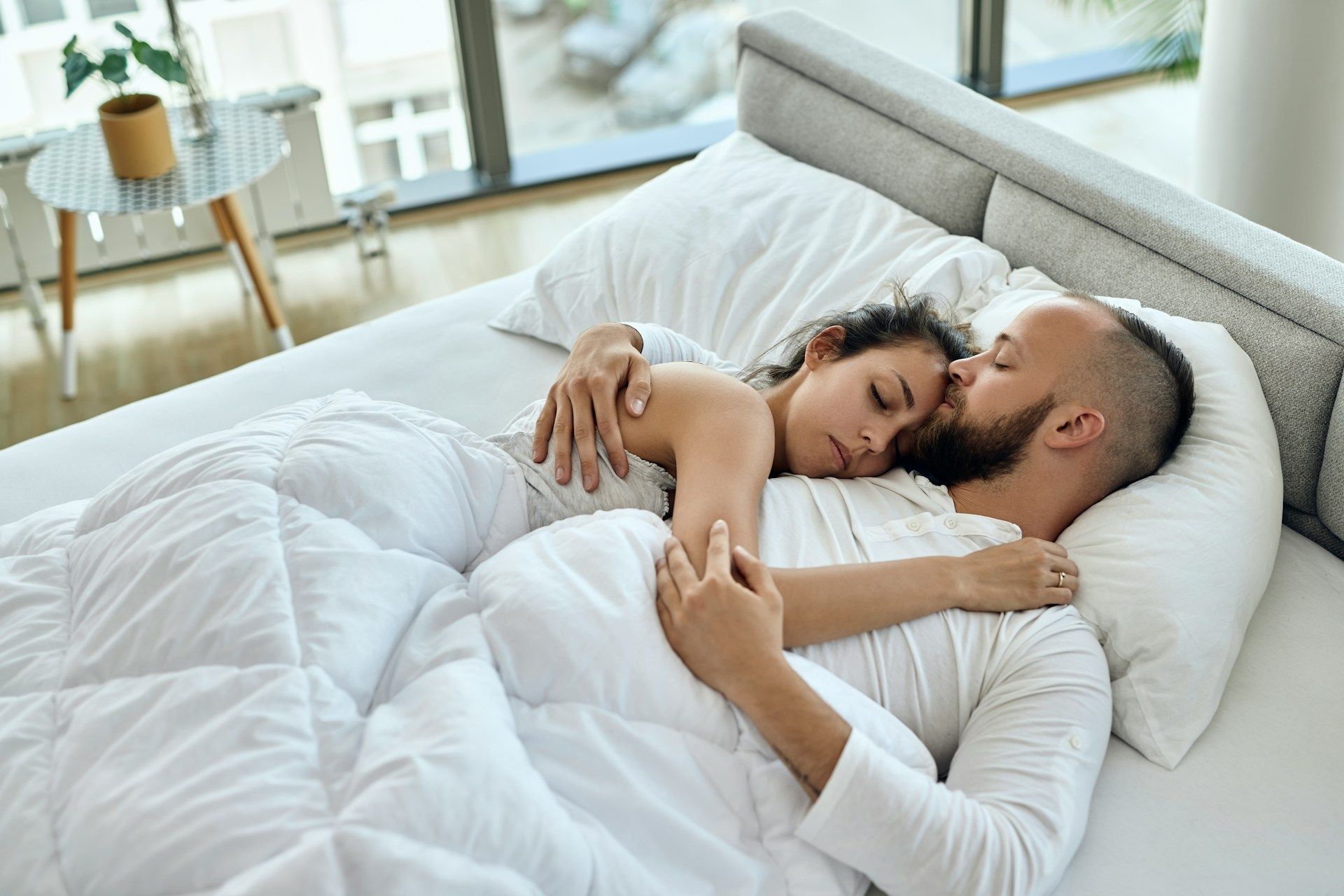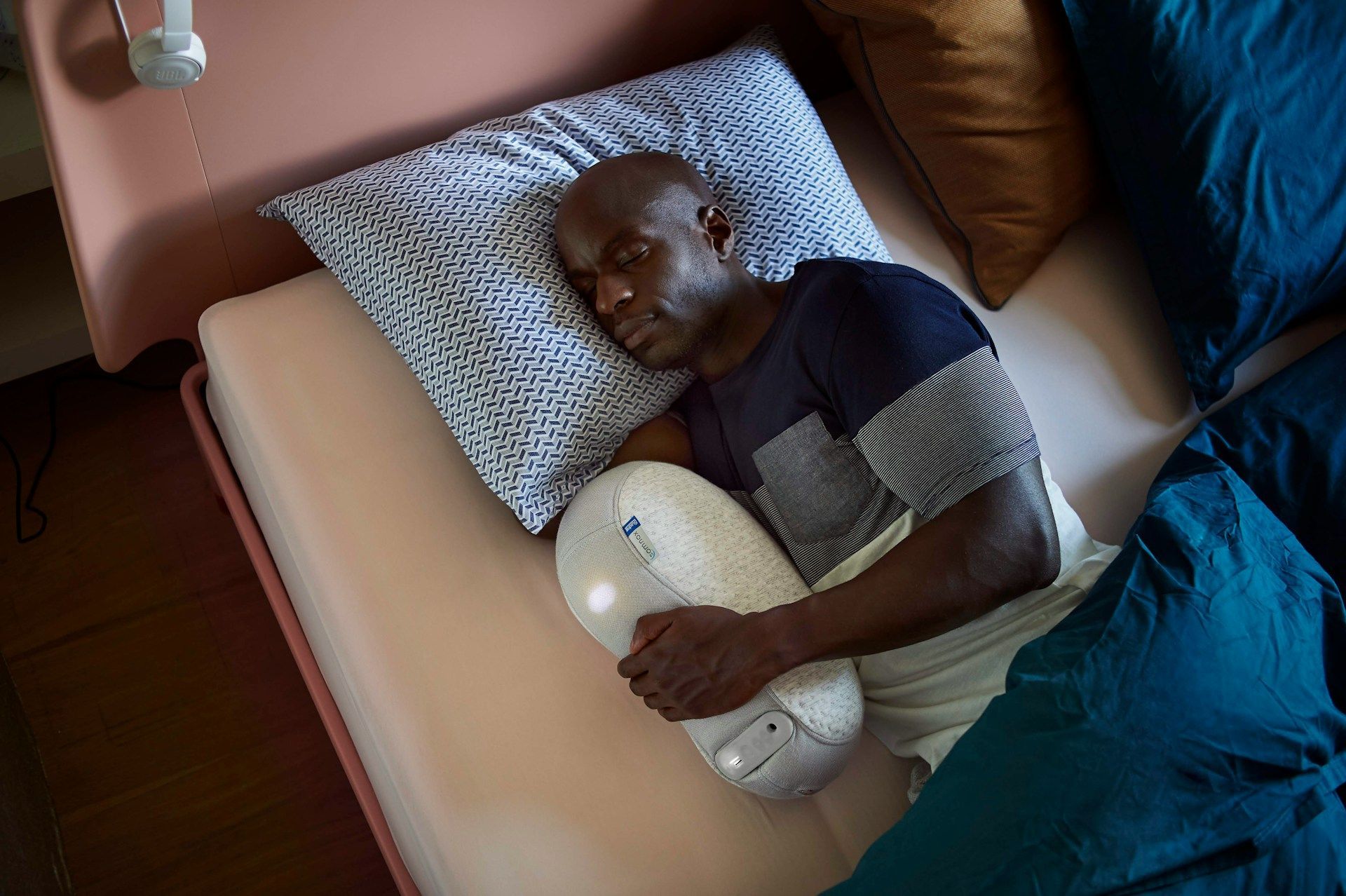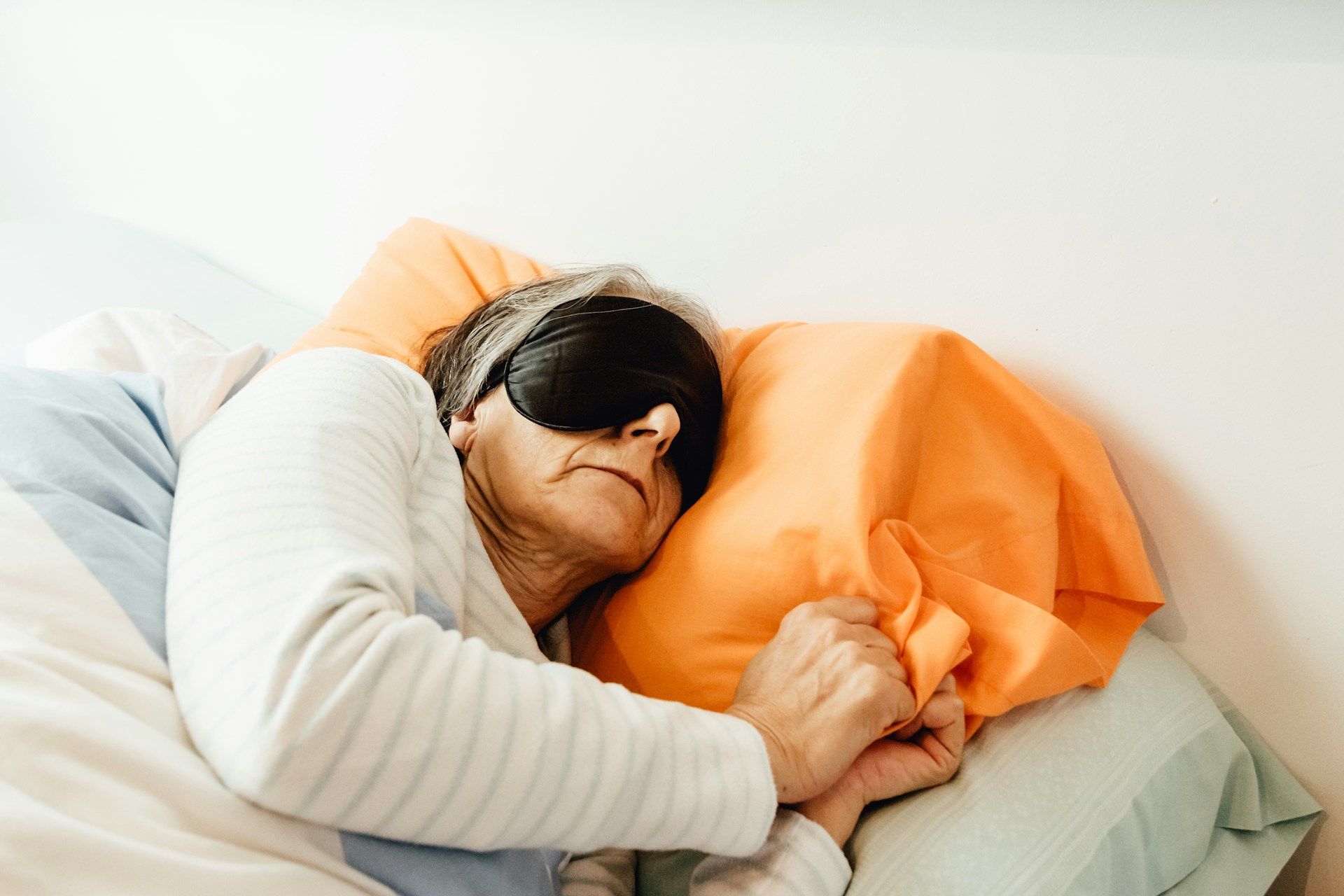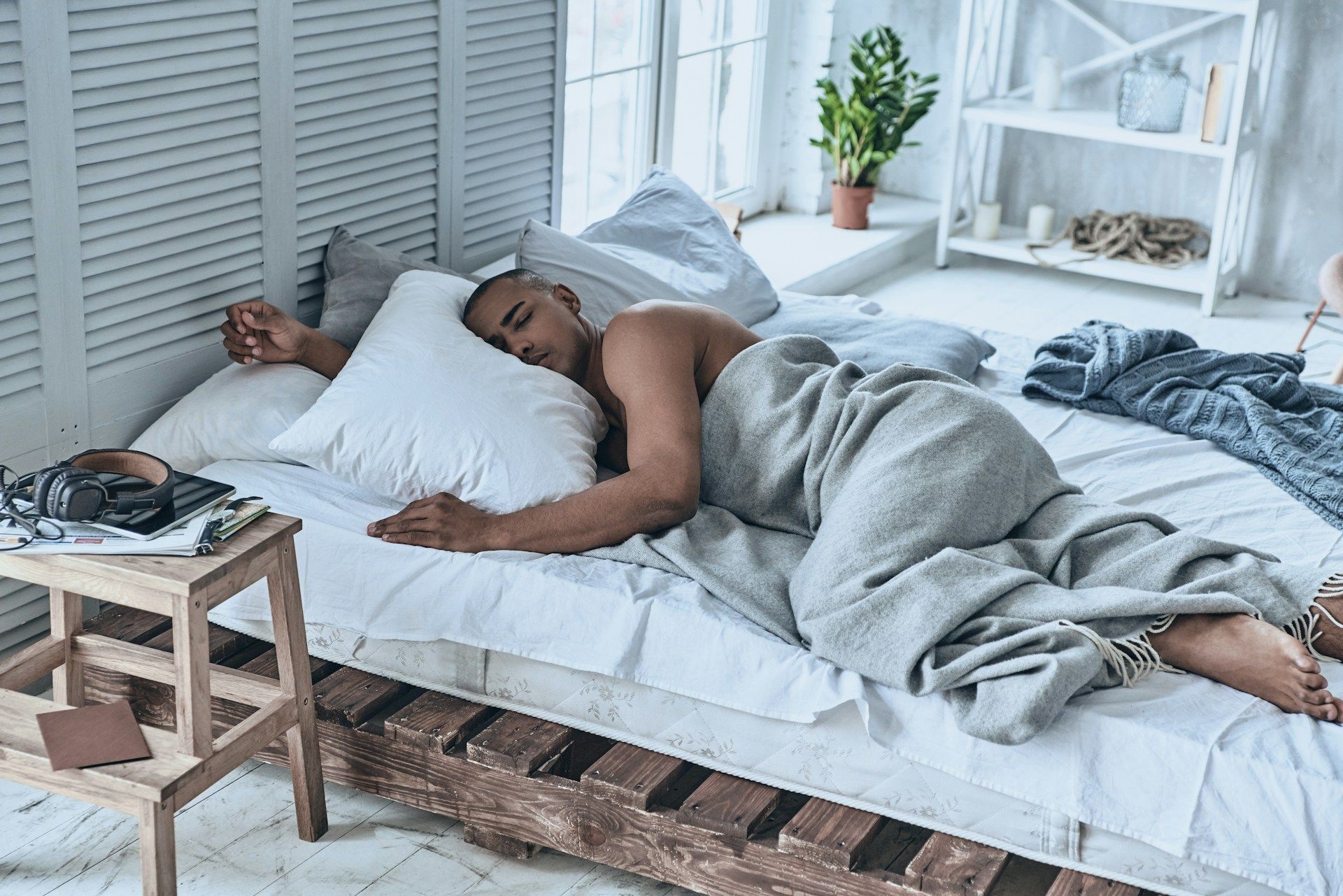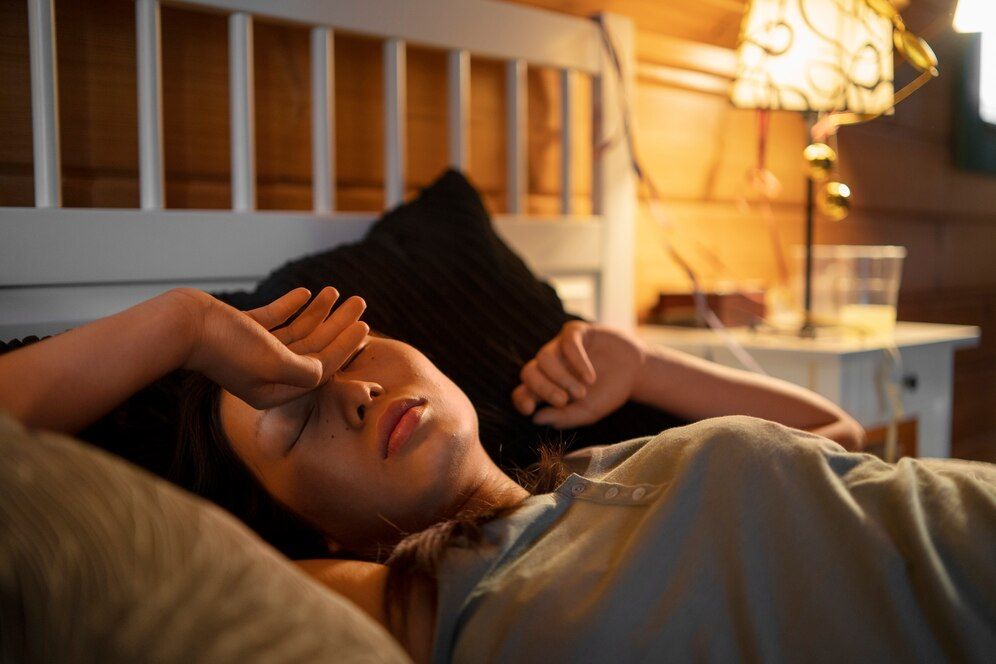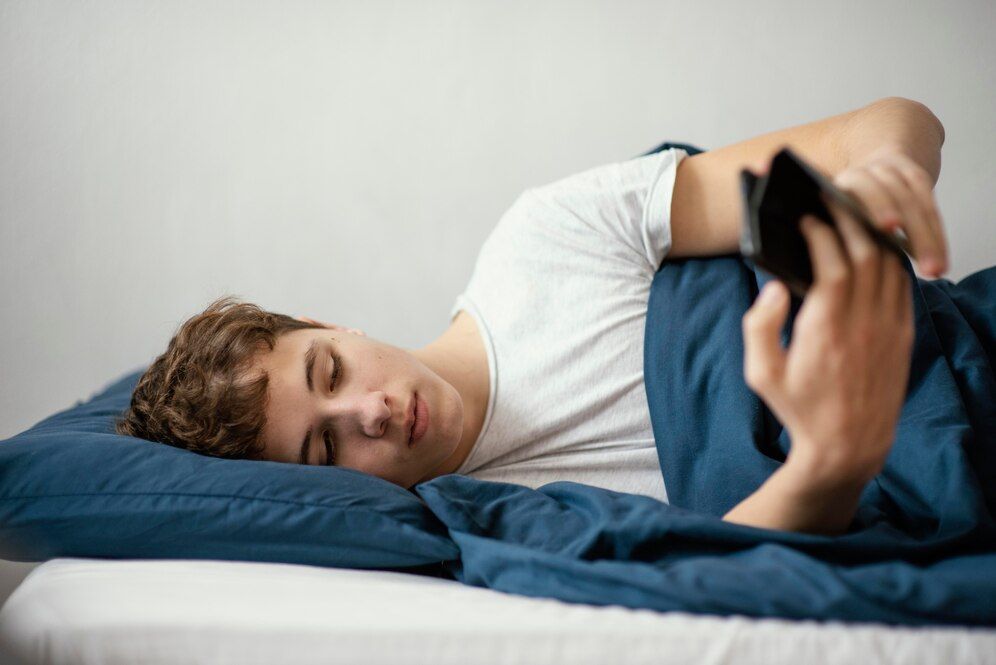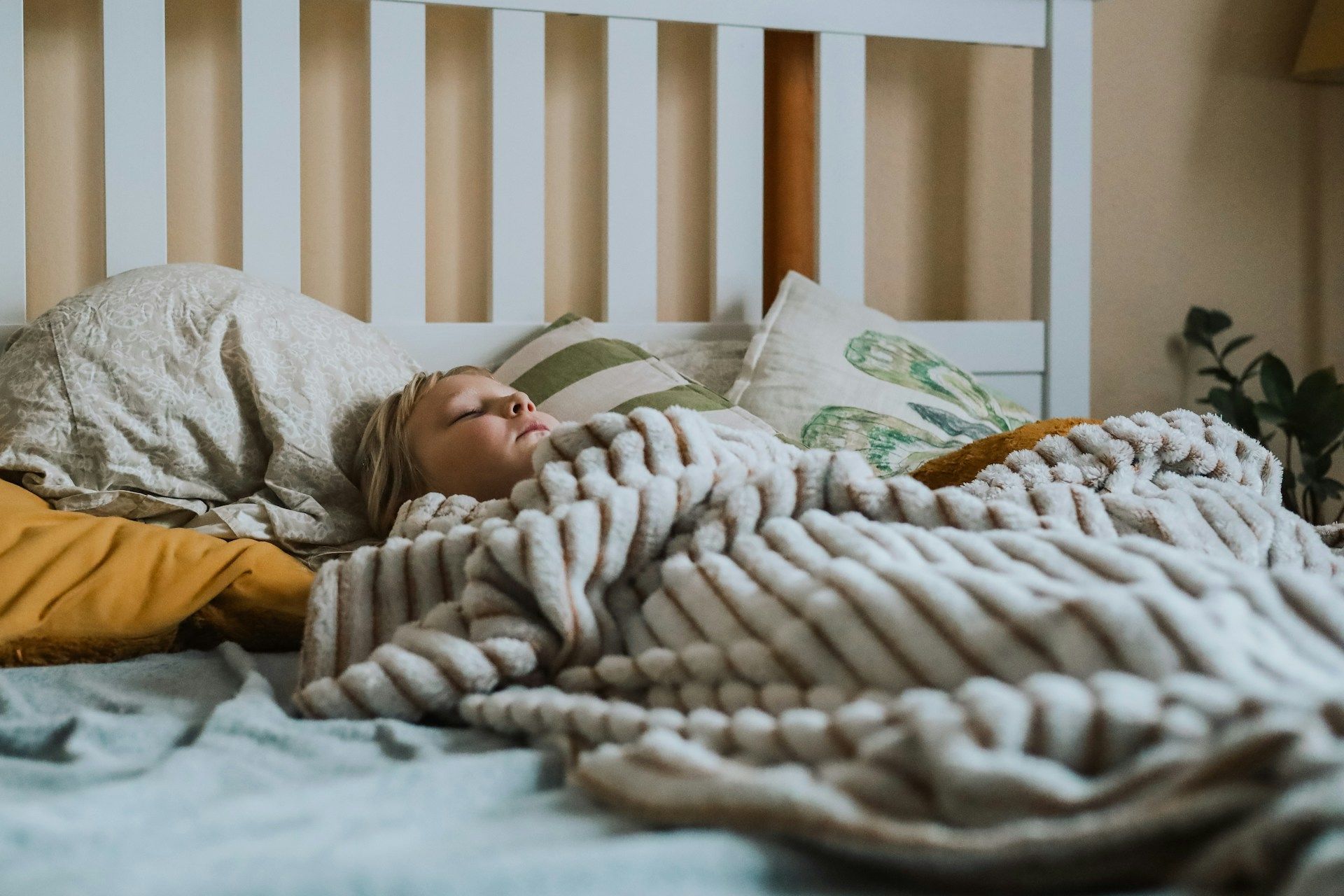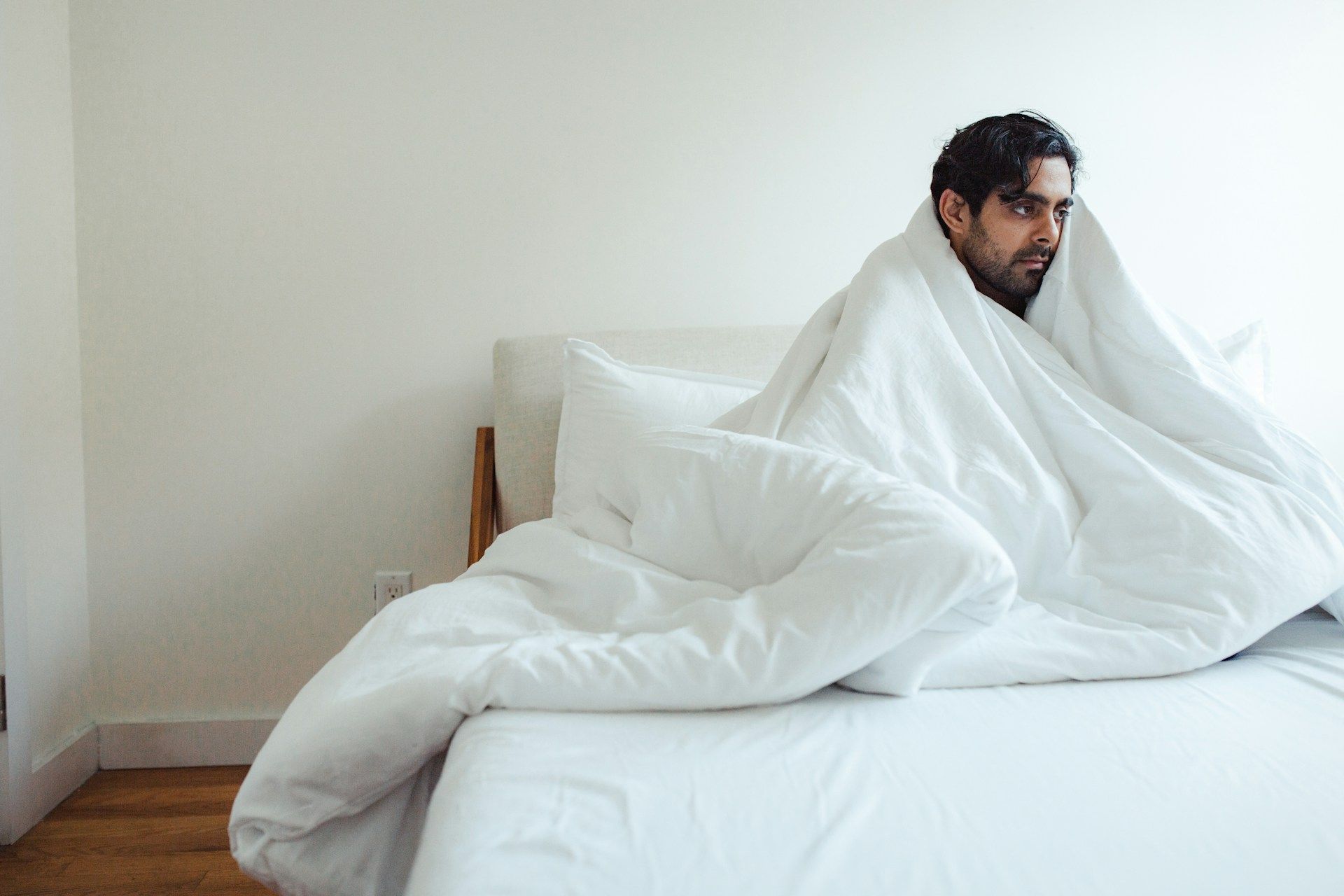Treating Sleep Apnea Without a CPAP Machine: Exploring Alternative Options
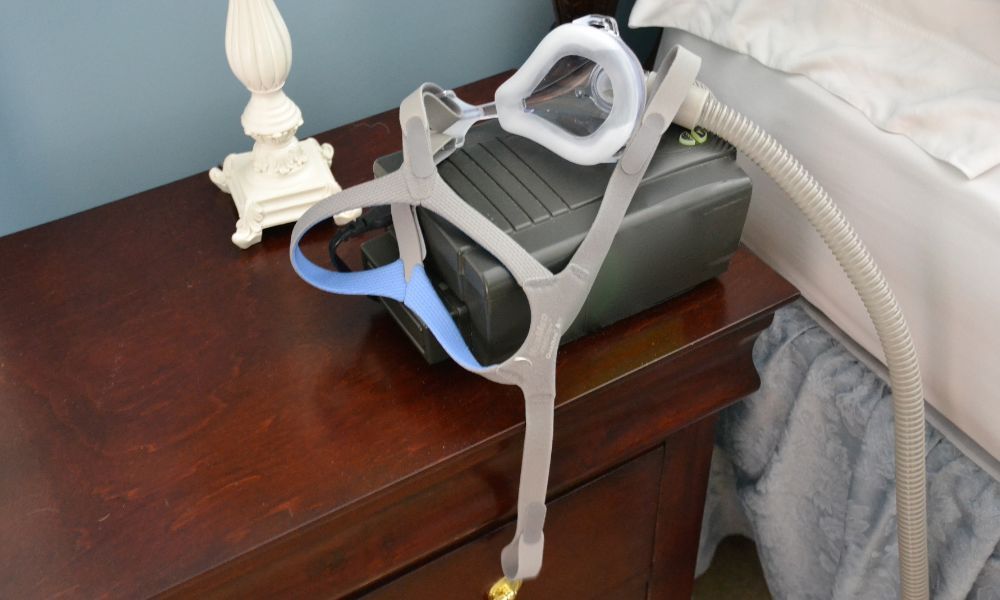
Continuous positive airway pressure (CPAP) therapy is one of the most effective treatments for obstructive sleep apnea. However, many individuals struggle with CPAP intolerance or find the machines uncomfortable or inconvenient to use consistently. Sleep Advantage, a sleep apnea treatment center in Arlington, WA, specializes in supporting patients who are CPAP intolerant or who experience difficulties with snoring, providing personalized care to help them find the best treatment solution that suits their needs.
In this detailed blog post, we will explore various alternative treatment options for sleep apnea, providing essential information about their advantages and potential risks. By discussing oral appliances, positional therapy, and lifestyle changes, we aim to help individuals seeking an alternative to CPAP therapy make an informed decision about the most appropriate treatment approach for their unique situation.
Understanding the limitations and challenges of CPAP therapy, it is crucial to investigate other treatment options that may better serve your needs and improve sleep quality, overall health, and well-being. Sleep Advantage is committed to helping patients evaluate these alternatives, providing guidance and support throughout decision-making.
In the following sections, we will discuss multiple treatment options for sleep apnea, addressing their mechanisms of action, advantages, potential risks, and candidacy considerations. Armed with this knowledge, individuals can engage in a more informed discussion with their healthcare provider about the most suitable treatment for their sleep apnea, ultimately leading to improved sleep quality and life satisfaction.
Oral Appliances: Convenient and Comfortable Alternatives to CPAP
Oral appliances are an effective and often preferred alternative to CPAP therapy for managing sleep apnea. These custom-made devices are worn in the mouth during sleep and function by repositioning the lower jaw or tongue to help maintain an open airway. Let's delve into the advantages and potential risks associated with oral appliances:
Advantages:
- Comfortable and easy to wear
- Portable and travel-friendly
- Reusable and easy to clean
- Usually quieter than CPAP machines
Potential Risks:
- Dental discomfort or adjustments to jaw position
- May not be as effective as CPAP for severe sleep apnea cases
Candidates for Oral Appliances:
Oral appliances are generally most suitable for patients with mild-to-moderate sleep apnea or those who struggle with snoring.
Positional Therapy: A Simple Approach for Positional Sleep Apnea
Positional therapy is a non-invasive approach that can help manage sleep apnea, particularly if it primarily occurs when sleeping in specific positions, such as lying on one's back. Positional therapy involves using specialized devices, pillows, or other techniques to maintain a side-sleeping position, reducing the likelihood of airway obstruction.
Advantages:
- Non-invasive and easy to implement
- Can be a low-cost alternative to other treatment options
- Can improve sleep apnea symptoms almost immediately when effective
Potential Risks:
- May not be suitable for all sleep apnea types or severity levels
- May be less effective than CPAP therapy in more severe cases
Candidates for Positional Therapy:
Positional therapy is most suitable for individuals with mild-to-moderate sleep apnea, primarily in specific sleep positions, particularly when lying on their backs.
Lifestyle Changes: A Foundation for Improved Sleep Health
Making specific lifestyle changes can be highly effective in addressing sleep apnea symptoms or even preventing the development of this sleep disorder. Combining these changes with other treatment options may lead to even greater benefits.
- Weight Loss: Excess body weight, particularly in the neck and upper body, can contribute to sleep apnea by causing airway obstruction during sleep. Losing weight through a balanced diet and regular exercise can improve sleep apnea symptoms, overall sleep quality, and general health.
- Limiting Alcohol and Sedatives: Consuming alcohol or sedative medications, especially before bedtime, can relax the throat muscles and increase the risk of airway obstruction during sleep. Reducing alcohol intake or discussing alternative medications with a healthcare professional may help alleviate sleep apnea symptoms.
- Smoking Cessation: Smoking can cause inflammation and fluid retention in the airways, increasing the likelihood of sleep apnea. Quitting smoking can significantly benefit sleep quality and overall health.
- Sleep Hygiene: Implementing good sleep hygiene practices, such as maintaining a consistent sleep schedule, creating a relaxing bedtime environment, and avoiding stimulating activities before bedtime, can contribute to improved sleep quality and reduced sleep apnea symptoms.
The Importance of Personalized Treatment
As each individual's sleep apnea symptoms and severity levels can vary, working closely with a sleep specialist is essential to determine the most appropriate treatment plan. Sleep Advantage, a sleep apnea treatment center in Arlington, WA, is dedicated to providing personalized care to patients struggling with CPAP intolerance or snoring, offering guidance and support in identifying the best alternative treatment solutions.
Conclusion
For sleep apnea sufferers struggling with CPAP therapy, multiple alternative treatment options can lead to improved sleep quality and overall well-being. By exploring oral appliances, positional therapy, and lifestyle changes, individuals can work with their healthcare provider to identify the most suitable treatment plan for their unique needs. Sleep Advantage supports patients throughout their treatment journey, providing comprehensive resources and evidence-based strategies to achieve optimal sleep health and life satisfaction. Visit our sleep center in Arlington today.

